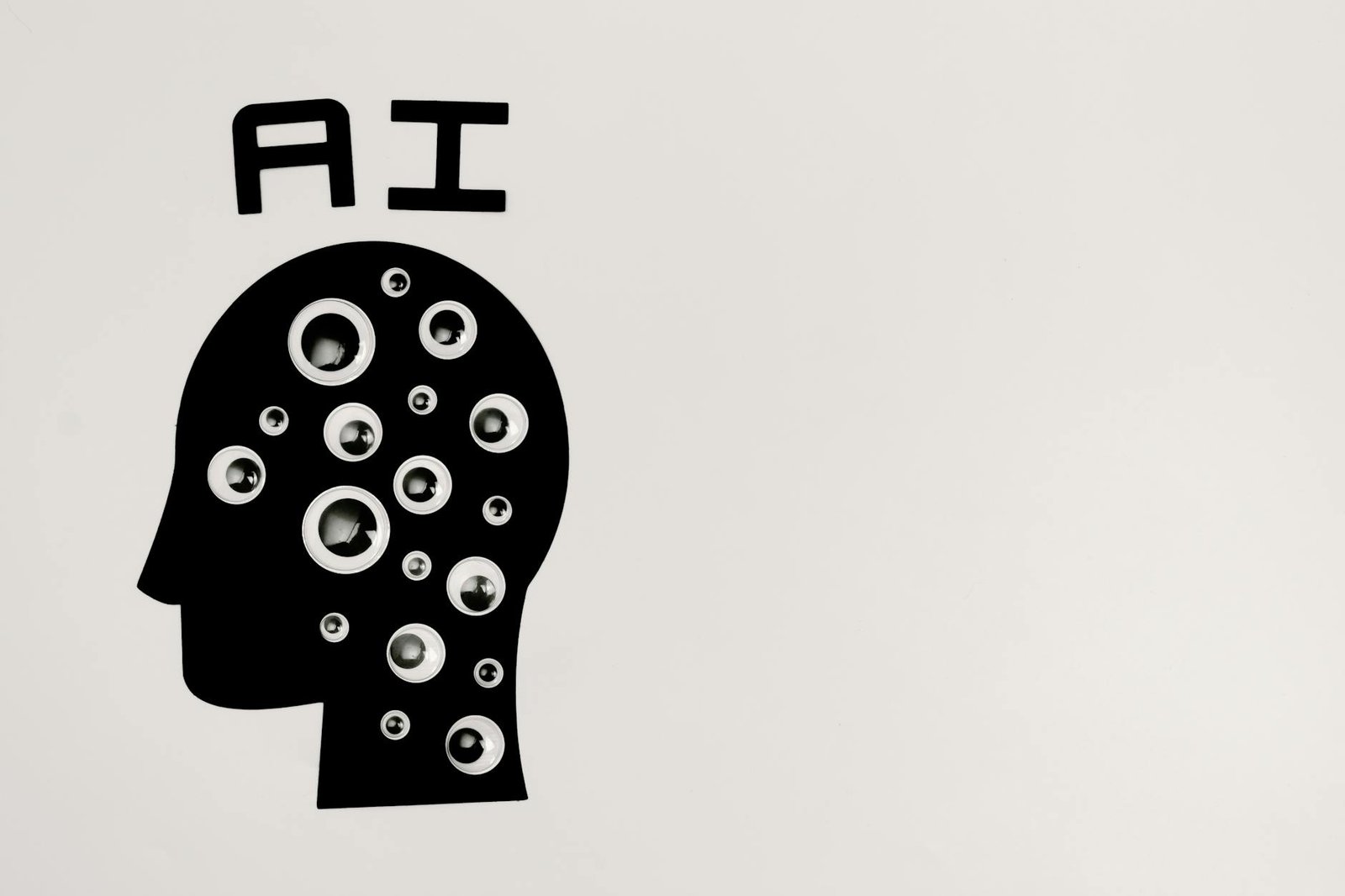Ottawa’s AI and Copyright Dilemma Amid OpenAI’s Legal Battle in Ontario
Amid the rapid evolution of artificial intelligence (AI), the Canadian capital finds itself at a crossroads. As Ottawa weighs plans on AI regulation and copyright matters, OpenAI faces a crucial legal challenge in Ontario, questioning the jurisdiction of local courts. This unfolding drama encapsulates the global tension between technological advancement and regulatory frameworks.
The Intersection of AI and Copyright
Artificial intelligence is transforming industries at an unprecedented rate, creating both opportunities and challenges. In Canada, the federal government is grappling with how to regulate AI while ensuring that innovation continues to thrive. Central to this debate is the issue of copyright, a domain historically plagued by complexity and contention.
AI systems, like those developed by OpenAI, often rely on vast datasets, which can include copyrighted materials. This raises questions about intellectual property rights and the extent to which AI-generated content can or should be protected under existing copyright laws.
Ottawa’s Regulatory Considerations
Ottawa’s deliberations on AI and copyright are driven by several key factors:
-
Innovation vs. Regulation: Balancing the need to foster innovation while implementing effective regulatory measures.
-
Economic Implications: Understanding the potential economic impacts of AI technologies on Canadian businesses and the labor market.
-
International Alignment: Ensuring that Canadian regulations are aligned with international standards to facilitate global collaboration.
These considerations underscore the complexity of crafting policies that support technological growth while protecting creators’ rights.
OpenAI’s Legal Conundrum in Ontario
While Ottawa navigates the regulatory landscape, OpenAI faces a significant legal challenge in Ontario. The crux of the issue is whether Ontario courts have jurisdiction over OpenAI, a U.S.-based company, concerning a lawsuit that implicates the use of copyrighted materials in AI training datasets.
The Case at Hand
The legal proceedings in Ontario have drawn considerable attention due to their potential implications for both the tech industry and copyright law. The case, initiated by a group of Canadian authors, alleges that OpenAI’s language models were trained on copyrighted texts without proper authorization.
OpenAI, in response, contests the jurisdiction of Ontario’s courts, arguing that the case should be handled within the legal system of its domicile in the United States.
Key Points of the Case:
- Jurisdictional Debate: Whether Ontario courts have the authority to adjudicate matters involving a foreign corporation.
- Copyright Infringement: Assessing the legitimacy of claims regarding unauthorized use of copyrighted content.
- Impact on AI Development: The potential consequences for AI companies that rely on large-scale data for model training.
Legal Precedents and Industry Implications
The resolution of this case could set a precedent for how jurisdictions handle international disputes involving AI and copyright. It also underscores the need for clear guidelines on data usage in AI training.
Industry Reactions
Tech industry leaders and legal experts are closely monitoring the developments in Ontario. The outcome could influence how companies approach AI development and data acquisition, particularly in markets with stringent copyright laws.
Potential Industry Outcomes:
- Revised Data Policies: Companies may need to reassess their data collection and usage practices to comply with evolving legal standards.
- Increased Litigation Risks: The case highlights the potential for increased litigation in the AI space, prompting companies to bolster their legal defenses.
- Global Regulatory Impact**: As countries observe the proceedings, there could be a ripple effect on international AI and copyright regulations.
Canada’s Path Forward in AI Regulation
As Ottawa considers its options, the balance of interests will be crucial. Policymakers must weigh the benefits of AI innovation against potential risks to intellectual property and privacy.
Proposed Policy Directions
Several policy directions are being explored to address AI and copyright challenges:
AI-Specific Legislation: Developing laws tailored specifically to AI technologies, distinguishing them from traditional software and data use.
Collaborative Frameworks: Encouraging collaborative frameworks between tech companies, legal experts, and government bodies to create balanced regulations.
Public Consultation: Engaging with stakeholders, including industry leaders, academics, and the public, to ensure comprehensive policy development.
Looking Ahead: The Future of AI and Copyright in Canada
The ongoing case in Ontario, coupled with Ottawa’s regulatory considerations, marks a significant moment in Canada’s technological landscape. The outcomes will likely influence not only domestic policies but also Canada’s position in the global tech arena.
Conclusion
As the world watches, Canada stands at a pivotal juncture in its approach to AI and copyright. The decisions made in the coming months will shape the future of AI innovation, not only within its borders but also in the broader international context.



